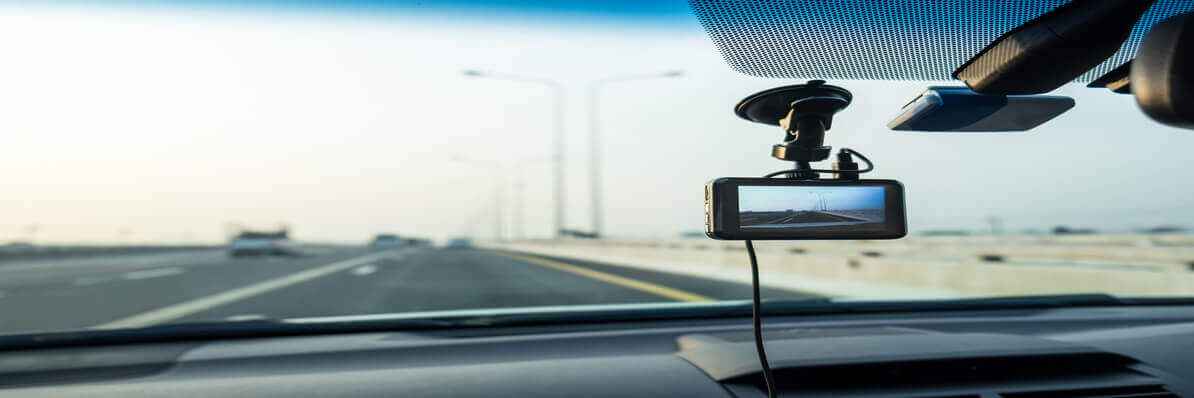Are dashcams the only way to keep insurance cheap?
In 2014, Swiftcover became the first insurer to offer a dashcam discount on their insurance rates, but now almost every insurer offers a discount. Is it time to start thinking about attaching a dashcam to your car?
With a dashcam, typical insurers are offering a 10-15% discount (Sure Thing! offers a discount of 20%) and the RAC offers £30 off when bought directly from them.So, it’s clear dashcams are lowering prices across the board. But why? What can a dashcam offer that means insurers will be happy to offer you a discount if you use one?
Dashcams plug into your car through the cigarette lighter, work off a battery or can even be wired into your car, and they turn on the moment your car does. Looking out of the windscreen (and sometimes even the back windscreen if you connect one to the back of your car), it records the same thing you, the driver, sees. According to Aviva 17% of motorists are now recording their journeys, with 30% planning to do so in the near future.
69% of people who have been in an accident believe that having a dashcam would have been helpful, according to the RAC. Being able to record what happens means that when you are in a crash, you have the video evidence to prove that it wasn’t your fault. Connecting your dashcam to your GPS means it can record your speed and location too. This is something that not only speeds up insurance claims, delivers a fair outcome and combats fraud, but also offers the evidence to top a ‘you vs. them’ claim. With a video, you can see what really happened. Although beware, it does also mean that if the crash is your fault, when your insurer asks for your video (which you must have and provide otherwise your insurance could be void), you will definitely be the one in the wrong.
There are other benefits of dashcams; some dashcams turn on when it feels movement, meaning that it will record when another car crashes into your stationary car or if someone breaks into your car, letting you speed up claims. You can also use it to contest a traffic violation as it’s evidence that you did not commit what you’re accused of. Furthermore, dashcams improve driver skills; the driver will know that their driving is being recorded and other motorists who are aware of the increasing amount of dashcams on the road will take account of their own driving.
Furthermore, with over 21% fewer police officers than in 2010, some constituencies are turning to use dashcams to help them catch illegal driving. In North Wales, Operation Snap means that Police Officers are using the same rules as speed camera footage to use dashcam footage sent to them from the public to catch criminals. Using these speed camera rules means that the 15 hours of paperwork and interviews that it did take to process the footage has been shortened to around 15 minutes. And, of the 80 penalties that have been distributed in the first 6 months of Operation Snap, only 2 have been appealed against, both of which failed.
However, don’t just rush out and get any dashcam to drop your insurance. Some insurers only accept certain makes and models of dashcams, and most will only accept video footage that is a high quality, so the lower levels of dashcams that are still a little pixilated won’t cut it. Also, make sure that the purchase of the dashcam outweighs the insurer’s discount. For example, the qualify for the RAC discount you need to buy one of their own-brand cameras, and the cheapest in September, 2017 is £26.50.
So, maybe it’s time to link up a dashcam to catch unexpected moments in your driving experience – even if it’s just seeing a deer cross your path – and benefit from lower insurance rates from now on.
How likely are you to be installing a dashcam in the future? Let us know by tweeting us at @TheFuelcardCo
